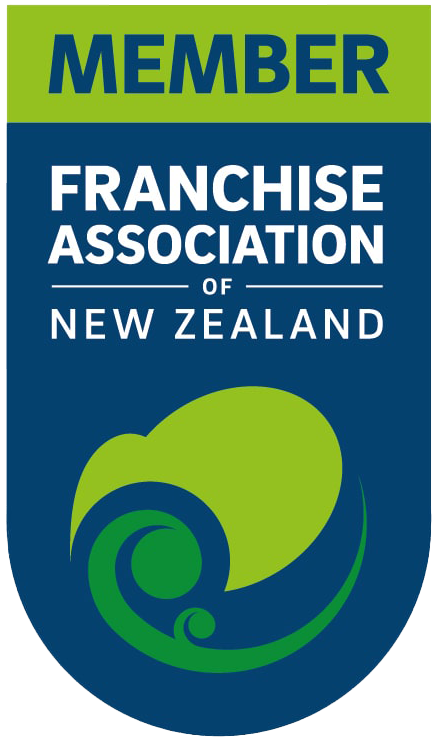What You Need To Know About The Franchise Fee
What the Franchise Fee Actually Includes
The franchise fee is a one-off, upfront cost that provides the franchisee with a temporary right to operate under your brand. It’s not a purchase of the business itself, the franchisor retains full ownership of the systems, brand, and intellectual property. This fee recognises the initial value provided to the franchisee, including access to proven systems, brand awareness, start-up support, and a clear framework to begin operating. Unlike buying an independent business, the fee doesn’t represent a business valuation,` it’s a payment for the right to participate, not full ownership.
Why Franchise Fees Aren’t Based on Territory Strength
Many business owners mistakenly believe that franchise fees change depending on how profitable a territory appears. In fact, the fee is almost always a standard amount, regardless of location potential. Stronger territories will typically produce more income, and since royalties are usually calculated as a percentage of revenue, higher earnings result in higher royalty payments over time. The initial fee doesn’t fluctuate based on future performance, it reflects the value of joining your brand, not the earning capacity of the region.
Franchise Fee vs Business Sale: Start-Up vs Established
Franchise fees most often apply to new setups, known as Greenfield opportunities, where no prior business is operating. In these situations, the fee covers the right to use the brand along with startup guidance and tools. When selling an established site or fully operational business, sometimes called a turnkey or going concern, the pricing is more aligned with a traditional business valuation, factoring in assets, goodwill, and financial history. It’s key to understand the difference: the franchise fee relates to brand access and setup support, while a business sale includes operational value.



.svg)
